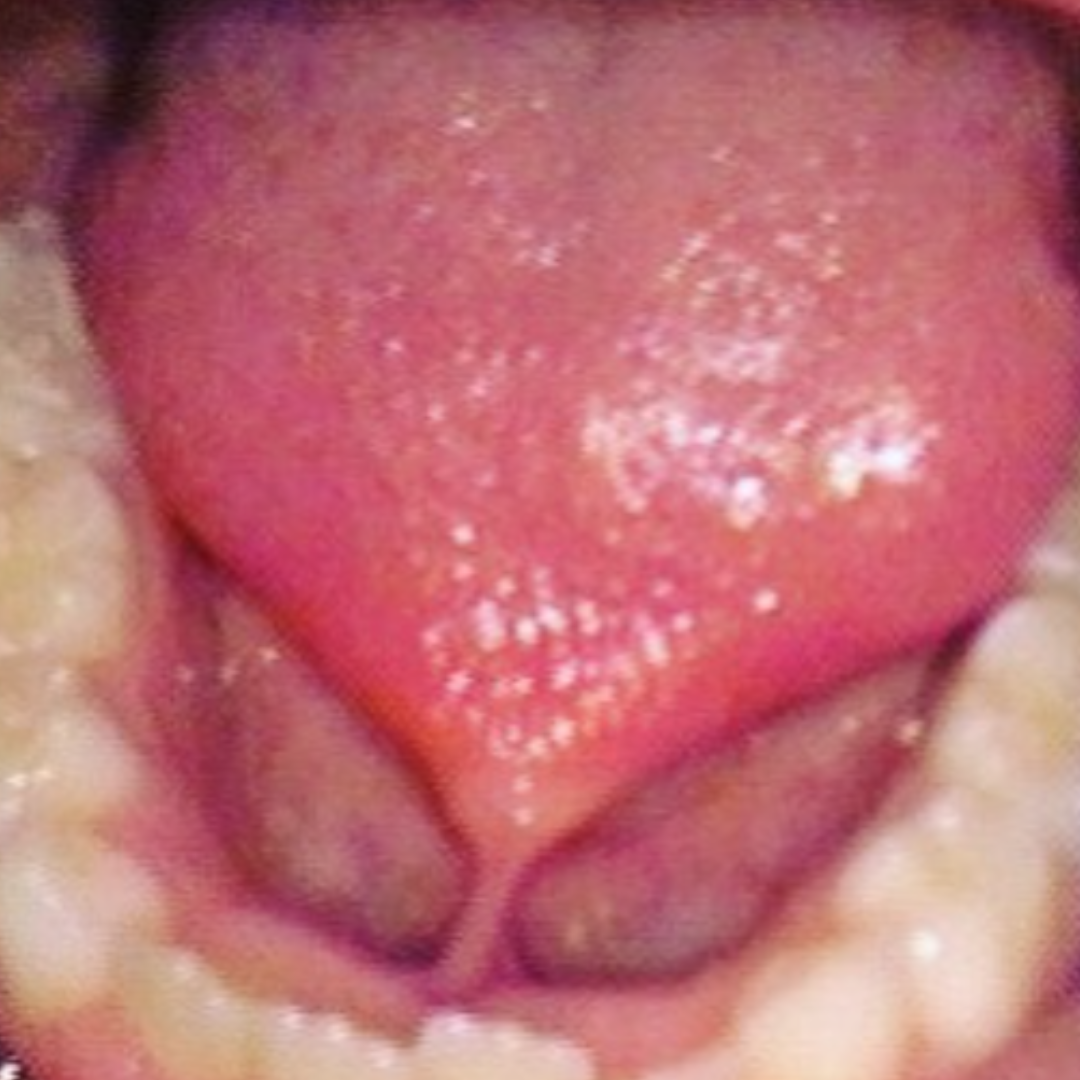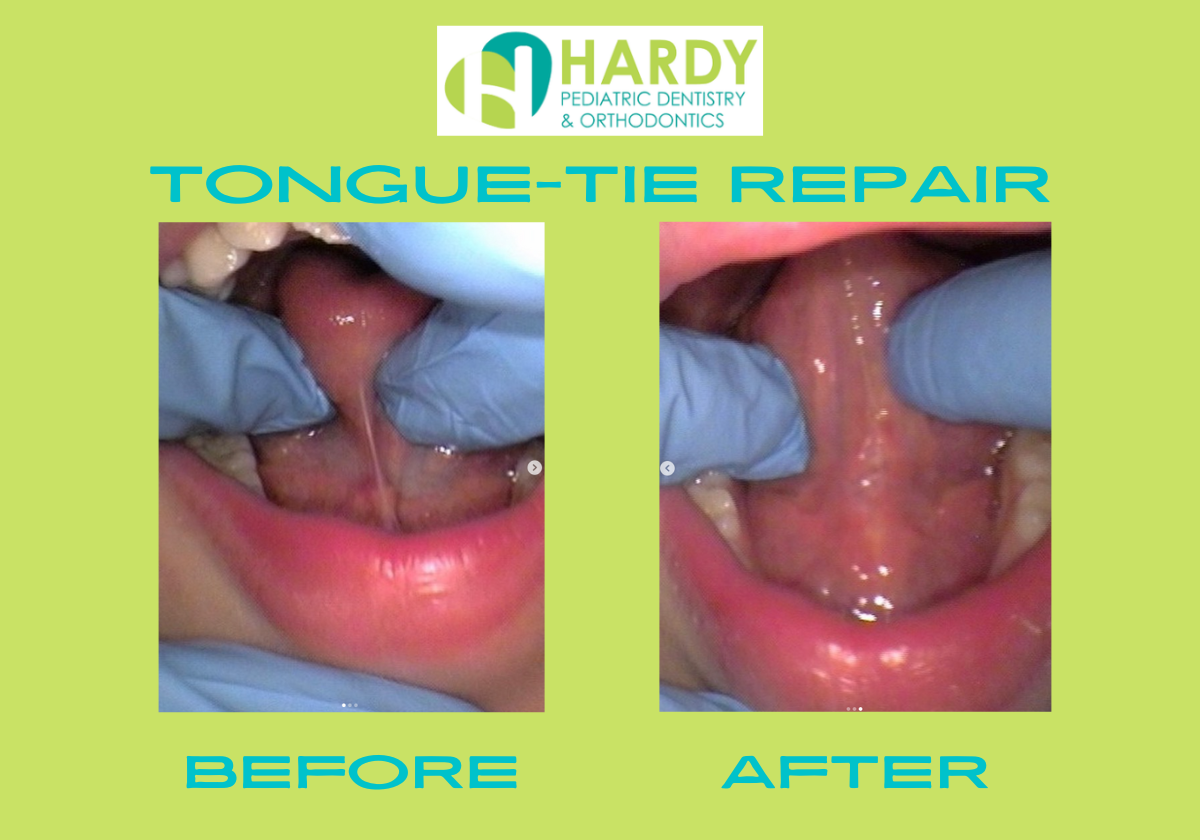Tongue-tie, also known as Ankyloglossia, is a disorder in which a newborn is born with their tongue linked to their mouth, limiting tongue motions necessary for speaking, drinking, swallowing, jaw development, and feeding. If treatment is skipped, your child may not receive the proper nourishment, they may have developmental issues, or your child may develop airway difficulties that require a more sophisticated surgery to correct.
Approximately 4% to 11% of babies and infants may have tongue-tie.

Tongue-tie is often neglected, misdiagnosed, and dismissed by many healthcare experts. However, it is actually easy to determine if your newborn or toddler has a tongue-tie. The following are some frequent indicators that your infant may have this condition.
Pain During and After Breastfeeding
When breastfeeding causes pain, this is a definite indication that something is wrong. It is typically difficult for infants with tongue-tie to latch since it is tough for them to move their tongues appropriately. Ineffective latching and feeding can lead to cracked nipples and engorged breasts, which can result in mastitis.
Clicking Noise When Feeding
An infant with a tongue-tie will be unable to effectively seal around the breast, resulting in clicking noises as the suction continuously breaks. Sometimes a click is natural and does not indicate a problem, but if it causes discomfort, pain, or if the newborn is not gaining weight as planned, it may be a sign that the infant has tongue-tie.
Poor Weight Gain
The inability of your child to nurse adequately may be the result of movement issues caused by tongue-ties. In addition, if the mother cannot produce enough breast milk, a baby with tongue-tie may have difficulty gaining weight.
Irritability or Colic
When a baby is gassy and cranky, it is likely that he or she has a tongue-tie. This is because a baby with a tongue-tie has difficulty establishing a good seal around the breast; as a result, excessive air intake during feeding causes gassiness.
Recurring Mastitis
Mastitis is an infection or inflammation of the breast that impairs a mother’s ability to produce milk. When a newborn suffers tongue-tie, recurrent mastitis is a concern because the infant cannot empty the breast enough. This can develop in mastitis due to milk stagnation and increased pressure in the duct and lobe system of the breast.
High, Narrow Palate
A tongue that functions normally rests on the roof of the mouth while the mouth is closed, which aids in the formation of the correct shape of the palate. A tongue-tie prevents the tongue from resting on the palate, causing it to assume an elongated and erect posture.
Recessed Chin
Having a sunken chin is a typical indication of tongue-tie in infants. However, some infants will have this due to genetics even if they do not have tongue-tie.

So, what can you do if you suspect that your infant has a tongue-tie?
It is crucial for a professional to perform a thorough examination to determine if your child has a tongue-tie.
Dr. T.C. Hardy and Dr. Nam offer a FREE infant dental exam for children, 18 months and younger, and they would love to provide a dental home for your family. Please call our dental office immediately if you feel that your infant has this condition.
Tongue-Tie Myths
Can Clipping or Snipping with Scissors Work?
Clipping or snipping the tongue tie may seem to be a straightforward remedy, but this technique leaves a thick tissue that must ultimately be removed. Laser treatment offers little bleeding and optimum accuracy, allowing us to remove all of the tight tissue while conserving vital structures under the tongue. This will result in improved function and symptom relief!
Will Tongue-Ties Will Stretch Out On Its Own?
The tongue-tie is composed of a thick fascial web that will last till maturity if left untreated. Although some children adapt admirably to having a constricted tongue, no child should miss out on healthy development and suffer with daily activities because of an issue that is so easily treated.
Does Tongue-Tie Only Affect Breastfed Babies?
Actually, no! Bottle-fed children do not have the same opportunity to tone their tongues, lips, and cheeks as breastfed children, so tongue-ties in exclusively bottle-fed newborns may have an influence on their adoption of solid meals, dentition (how teeth come in), future speech, limited nasal airways, and so on. Lactation consultants (yes, they also work with bottle-fed newborns) or an infant speech pathologist are a great addition to the treatment team for bottle-fed infants with tongue-tie.




